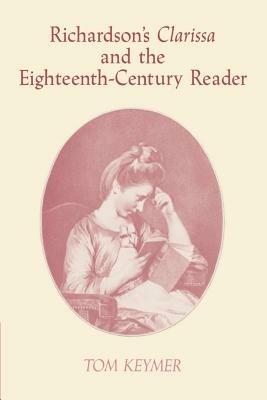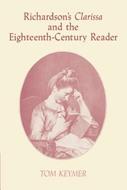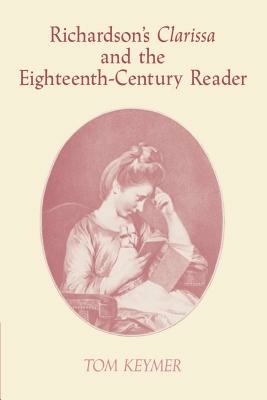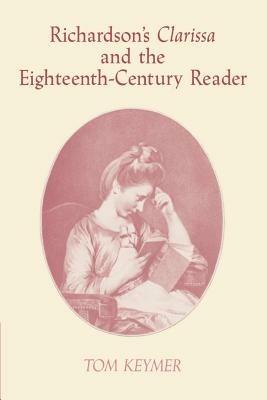Richardson's 'Clarissa' and the Eighteenth-Century Reader
Written as a collection of letters in which very different accounts of the action are unsupervised by sustained authorial comment, Richardson's novel Clarissa offers an extreme example of the capacity of narrative to give the reader final responsibility for resolving or construing meaning. It is paradoxical then that its author was a writer committed to avowedly didactic goals. Tom Keymer counters the tendency of recent critics to suggest that Clarissa's textual indeterminacy defeats these goals by arguing that Richardson pursues subtler and more generous means of educating his readers by making them 'if not Authors, Carvers' of the text. Discussing Richardson's use of the epistolary form throughout his career, Keymer goes on to focus in detail on the three instalments in which Clarissa was first published, drawing on the documented responses of its first readers to illuminate his technique as a writer and set the novel in its contemporary ethical, political and ideological context.
-
Autore:
-
Editore:
-
Collana:Cambridge Studies in Eighteenth-Century English Literature and Thought
-
Anno:2004
-
Rilegatura:Paperback / softback
-
Pagine:296 p.
Le schede prodotto sono aggiornate in conformità al Regolamento UE 988/2023. Laddove ci fossero taluni dati non disponibili per ragioni indipendenti da Feltrinelli, vi informiamo che stiamo compiendo ogni ragionevole sforzo per inserirli. Vi invitiamo a controllare periodicamente il sito www.lafeltrinelli.it per eventuali novità e aggiornamenti.
Per le vendite di prodotti da terze parti, ciascun venditore si assume la piena e diretta responsabilità per la commercializzazione del prodotto e per la sua conformità al Regolamento UE 988/2023, nonché alle normative nazionali ed europee vigenti.
Per informazioni sulla sicurezza dei prodotti, contattare productsafety@feltrinelli.it



